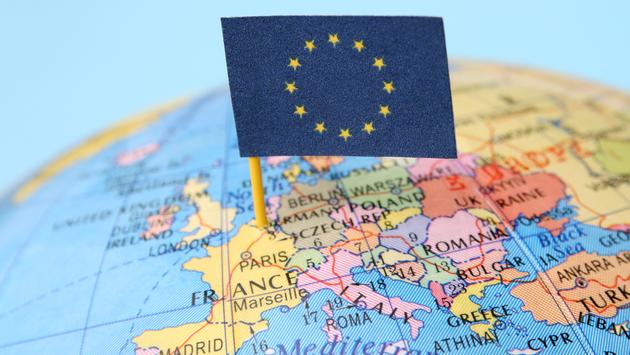- by foxnews
- 17 Mar 2025
EU Sees Significant Tourism Recovery in 2021
The European Union’s statistics office today revealed estimates on the number of overnight stays in tourist accommodations in 2021, compared against 2020 and 2019.
- by travelpulse
- 17 Mar 2022
- in travel

As COVID-19 conditions around the world continue to fluctuate unpredictably, tourism is still the sector facing the most challenges in terms of achieving full recovery from the effects of the pandemic. Nonetheless, there are significant signs of progress emerging at this stage.
Eurostat, the European Union's (E.U.) statistics office, today published some of its findings taken from early tourism estimates from last year. They revealed that tourism in the E.U. during 2021 improved overall (in terms of the number of nights people spent in short-stay accommodations), the figures still fell short of those from pre-pandemic years.
During December 2021, the number of nights tourists spent in E.U. short-stay accommodations grew by 237 percent to 102.2 million-more than tripling the number of nights recorded in the same month of 2020. But, when Eurostat held the 2021 figures up against those from 2019, they still fell short by 27 percent.
Results for the entire year showed the number of nights tourists spent in E.U. short-stay accommodations reached 1.8 billion, representing a 27 percent rise over the previous year and reaching two-thirds of 2019's pre-pandemic levels.
The full-year numbers for 2021 showed notable improvement over 2020 when looking at the E.U.'s as a whole, with 21 out of 24 member states registering positive trends over the year prior. At the E.U.-wide level, the bloc performed at around 63 percent of 2019's pre-COVID levels last year.
Heavily tourism-focused countries that adopted less severe entry restrictions (and did so for shorter durations), led the rebound, with Spain, Greece and Croatia each up by more than 70 percent over 2020.
Only Austria, Latvia and Slovakia saw the number of tourist accommodations nights in 2021 decline even further than they did the previous year, falling more than 18 percent past their 2020 levels.
The agency found that Latvia, Slovakia, Malta and Hungary were the nations that were most affected by the pandemic n 2021, with their numbers coming in at less than 50 percent of what they'd been in 2019. Denmark and the Netherlands, on the other hand, lost out by less than 20 percent of 2019 levels.
According to U.S. News & World Report, domestic tourists in their respective E.U. member states represented 68 percent of the nights spent in short-stay accommodations, while visitors from other nations within the E.U. accounted for 24 percent. Five percent of the remaining portion came from other European countries outside the bloc, and the rest of the world contributed only three percent.
- by foxnews
- descember 09, 2016
Rare artifacts representing America's 250th birthday will be featured in major exhibition
Rare artifacts will be featured in the "Give Me Liberty" exhibit at the Virginia Museum of History & Culture in Richmond to commemorate America's upcoming 250th anniversary.
read more




